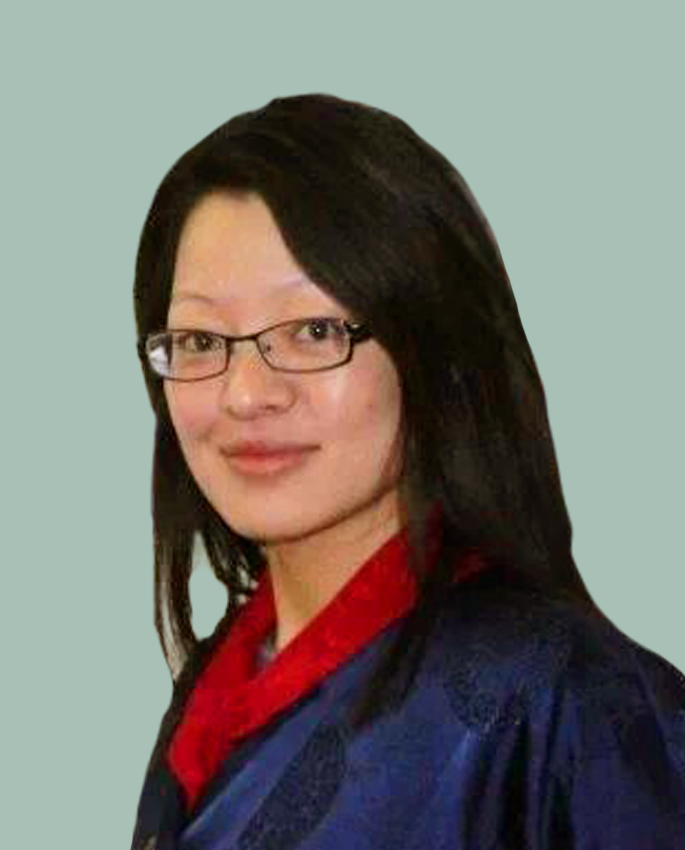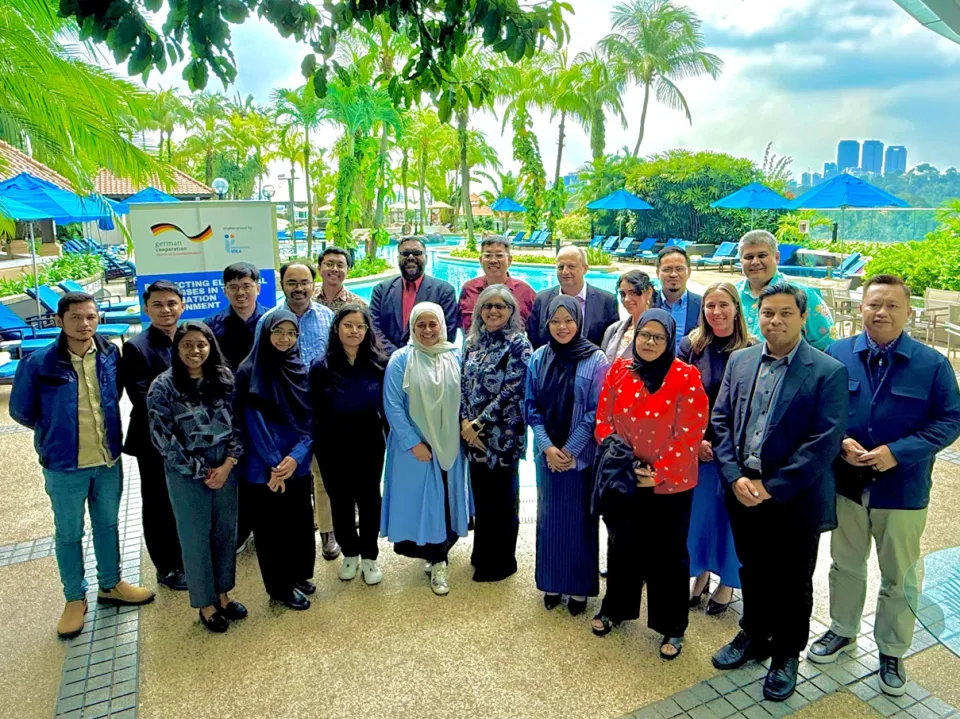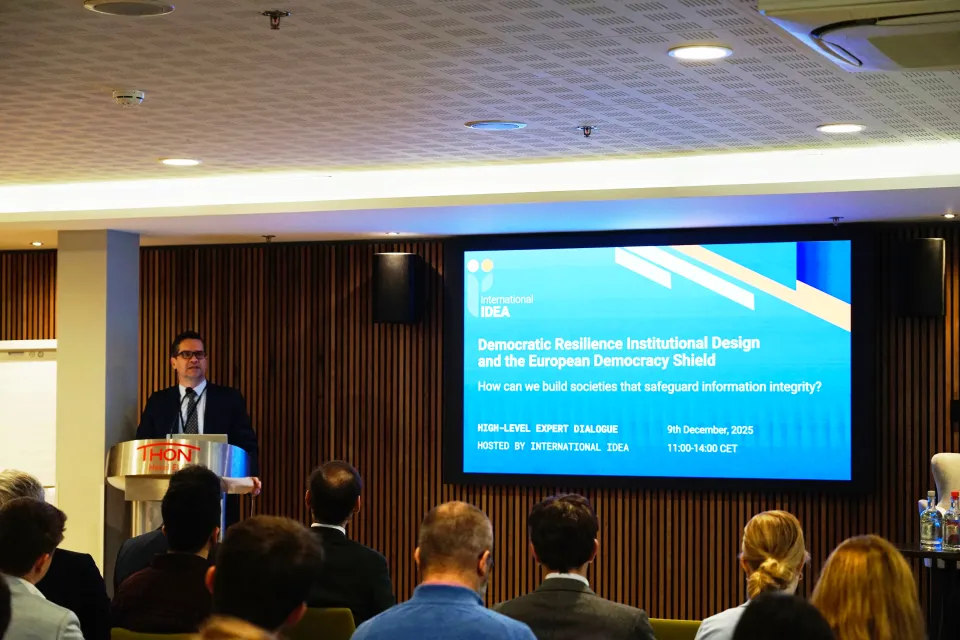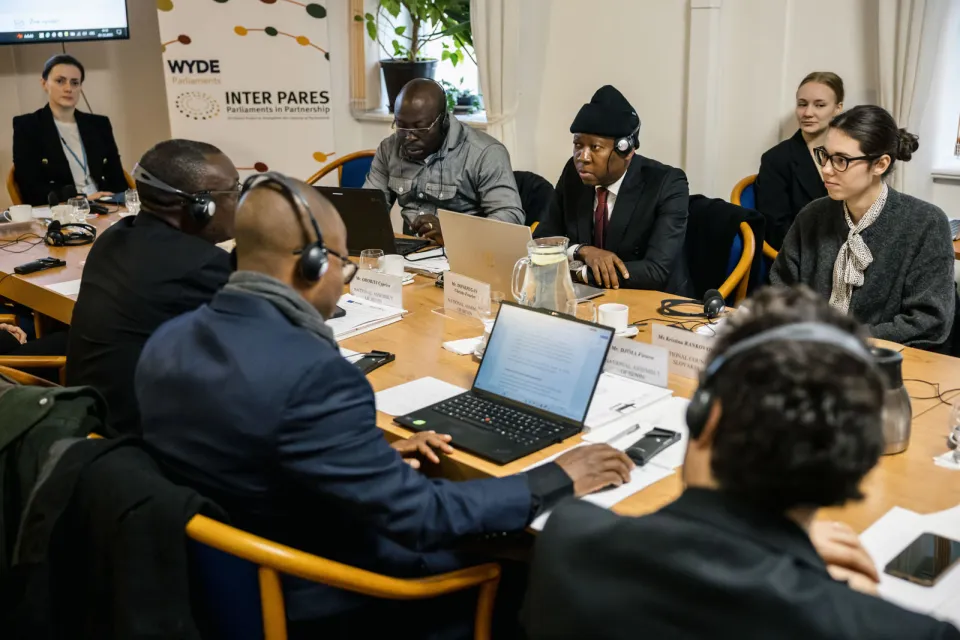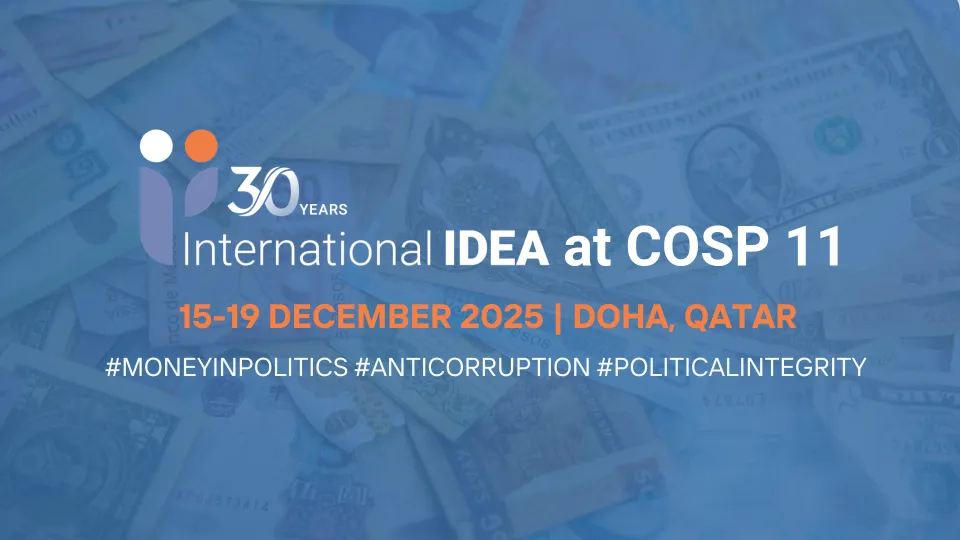Empowering Public Participation in Bhutan's Legislative Process
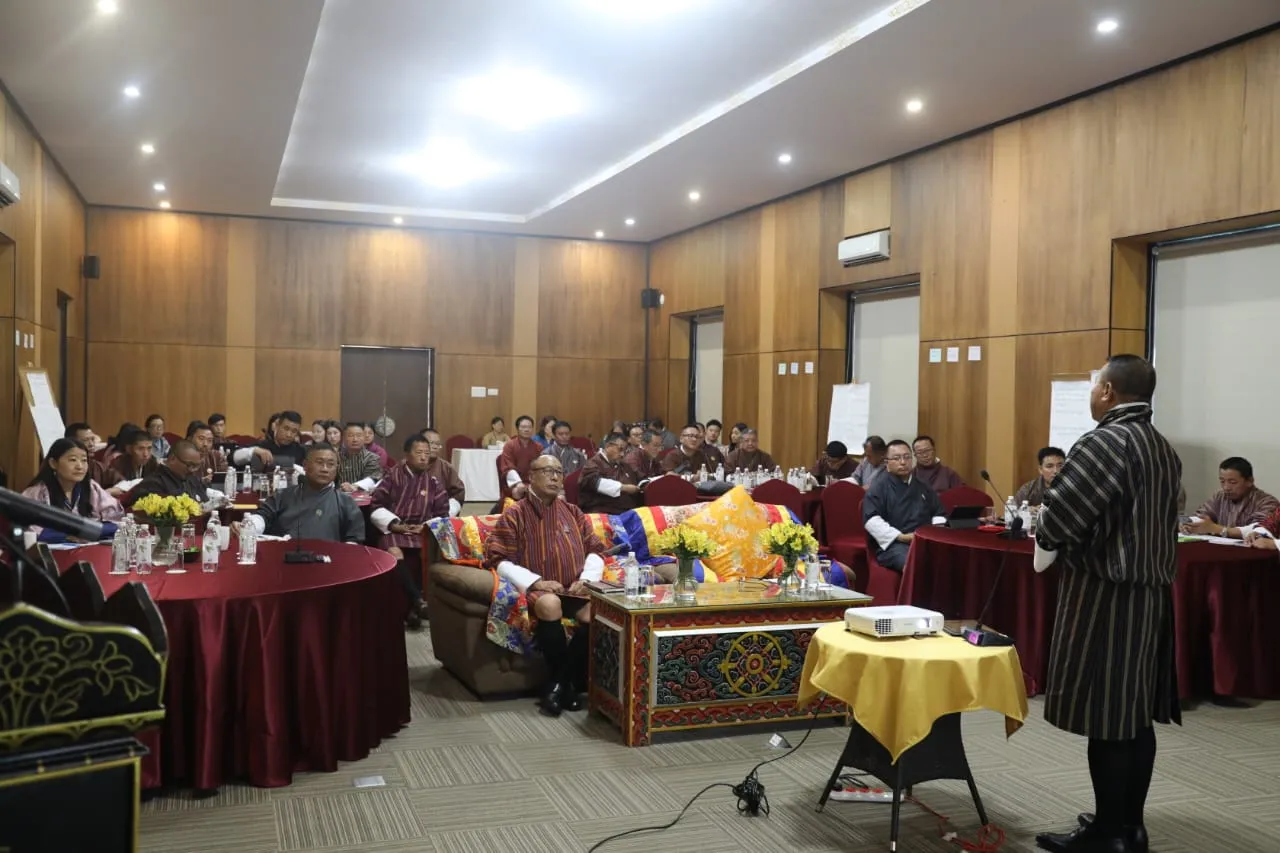
A public hearing is a forum for citizens to express their views and concerns on legislative matters. These workshops aimed to enhance awareness and capacity for public participation in the country’s legislative process.
During the first four-day workshop for CSO participants held from 2-5 July, they learned about various opportunities and mechanisms for public participation provided through Bhutanese legislative and institutional provisions. The sessions highlighted existing challenges, such as the lack of awareness and capacity among CSOs and public officials regarding civil society’s contributions to the legislative process. The workshop aimed to address these challenges, including insufficient institutional cooperation, by promoting CSO participation in Parliament’s work. Representing key social groups and possessing valuable expertise, CSOs can participate at all stages of the legislative process, thereby improving the quality of laws.
The instruments of public participation and direct democracy, which allow the public to participate in political decisions are inherent in the system. Citizens and civil society organization participants are entitled to partake in public hearings as per Article 10.2 of the Bhutanese Constitution. They can also put forward legislative suggestions as outlined in the Rules of Procedures of the Parliament’s two Houses.
Over four days, the workshops addressed policy advocacy and public hearings. Participants from civil society organizations developed skills and acquired tools to boost their advocacy work and engagement in public hearings, solidifying the connection between advocacy activities and participation. The primary objective was to empower these organizations to advocate effectively, engage in parliamentary decision-making processes, oversee government activities and expenditures, and promote public involvement in parliamentary procedures. In her keynote address to the CSO workshop attendees, Nyla Prieto, Programme Manager for Asia and the Pacific Region at International IDEA said, “Globally, public hearings are a vital mechanism in a democracy, benefiting both citizens and Parliament.”
She added that public hearings, “Provide a platform for citizens, experts, and stakeholders to present their views, concerns, and recommendations on proposed legislation and policies.”
The workshop garnered significant interest from CSOs, attracting 36 representatives, including Executive Directors and senior program officers and a representative from the media sector. It was jointly organized by Helvetas Bhutan, Bhutan Media Foundation, and International IDEA.
A subsequent workshop was held from 17-19 July for the newly elected members of the National Assembly. The members expressed their support for these initiatives, which aim to enhance their openness and accessibility to citizens, the press, and civil society organizations.
In his keynote speech at the workshop on public hearings for National Assembly members, the Speaker of the House, H.E Lungten Dorji said, “the importance of public hearings as an oversight tool to ensure transparency in the legislative process. He said that this workshop was particularly relevant for new members and shared that the parliament intends to hold a minimum of ten public hearings during the 13th Five-Year Plan.”
Leena Rikkila Tamang, International IDEA’s Director for Asia and the Pacific Region, delivered a keynote address highlighting that “Public hearings are seen as key mechanisms to enhance public engagement and inclusivity, thereby building trust in governance.” She pointed out that the Parliament-CSO collaboration strategy document, launched in May 2023 with the support of International IDEA, recognizes public hearings as a key channel for collaboration with civil society organizations.
The purpose of the workshop was to strengthen interactions with citizens regarding legislative proceedings and methods of conducting public hearings. Key parliamentary figures such as the Speaker of the National Assembly, the Leader of the Opposition, the Deputy Speaker, the Secretary-General, and 22 Members of Parliament attended the event. The sessions covered subjects from parliamentary roles to promoting civic participation and legal underpinnings, as well as interactive segments such as practice hearings aimed at identifying key stakeholders.
Both the workshops were led by two seasoned ex-members of the National Council. The workshops saw 22 committee secretaries along with an assistant research officer of Parliament received training from 15-17 July. This workshop was aimed at preparing them to assist parliamentary Members in setting up and managing public hearings. They were educated on the legal structure, rules, and procedures for public hearings, including aspects such as logistics, record-keeping, and communication.
Honorable Kuenga, Chairperson of the Legislative Committee, said, "One of the best trainings I have attended in recent times. Well-experienced local resource persons and a well-coordinated workshop. The skills and concepts we learned over the last three days can be applied immediately after getting back to the office." All session attendees appreciated the training for its material, leaders, and practical activities such as simulated mock hearings. A common point of discussion across the workshops was confusion regarding witness protection. In response, the National Assembly plans to evaluate legal guidelines and propose changes. Suggestions for improvement encompassed offering technical help at hearings, enhancing research abilities, augmenting competencies with tasks, and potentially reducing group size to decrease expenses.
Going forward, Project ‘Nyamdrel II will provide technical assistance during public hearings and offer practical support and skill reinforcement for members and CSOs who can appear as witnesses. It was noted that bolstering the research capabilities in Parliament is crucial for secretariat officials who are recent graduates. This can be achieved by organizing specialized parliamentary research training. Establishing research fellowships was identified as a potential solution to facilitate collaboration and knowledge transfer, ultimately leading to evidence-based and inclusive decision-making.
All the workshops are part of Project Nyamdrel II: Support to CSOs and the Parliament of Bhutan, which is funded by the European Union and implemented by International IDEA.







